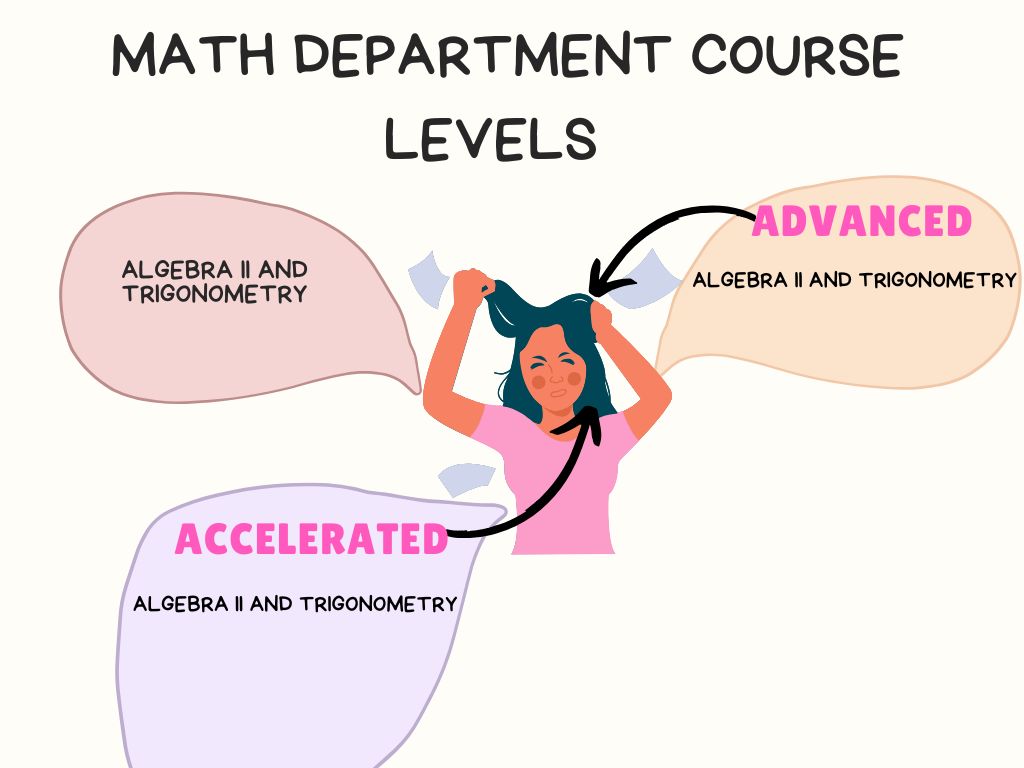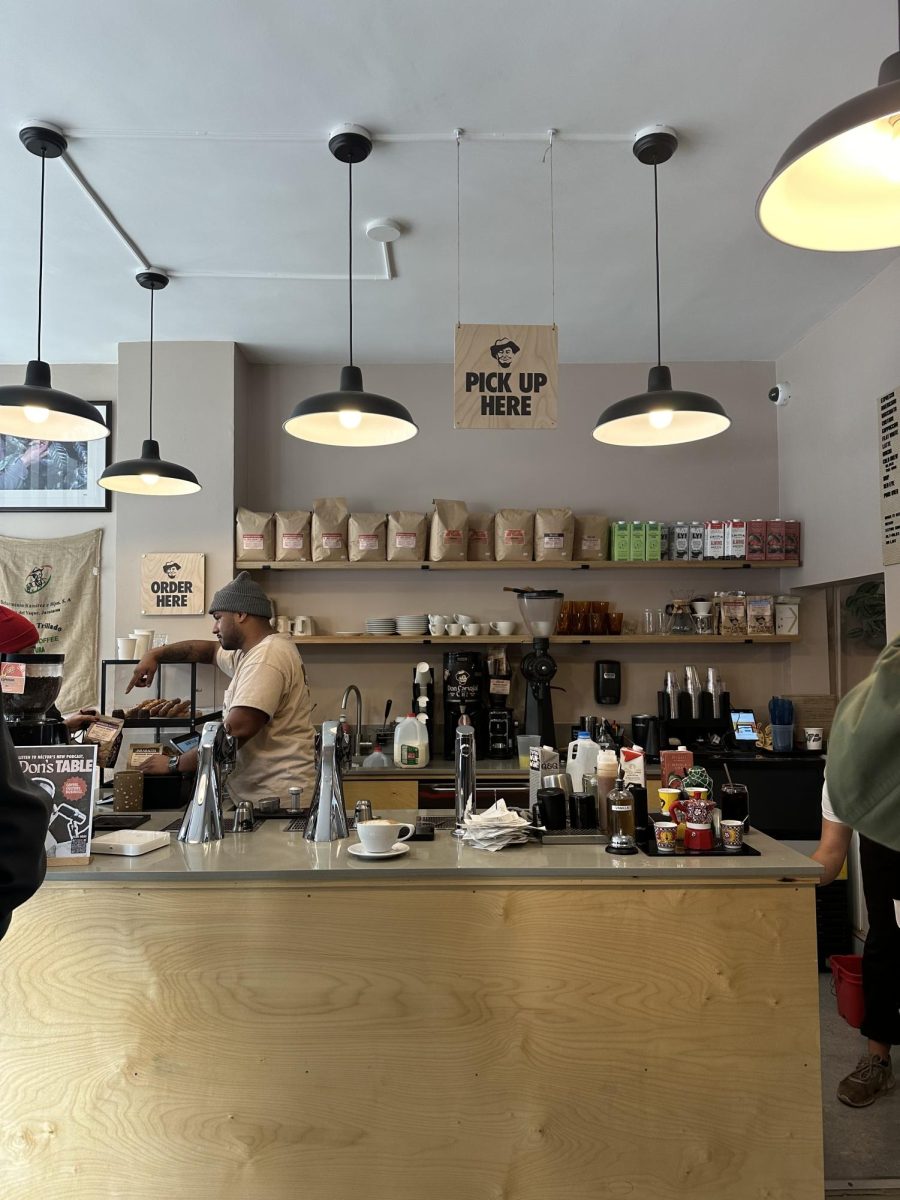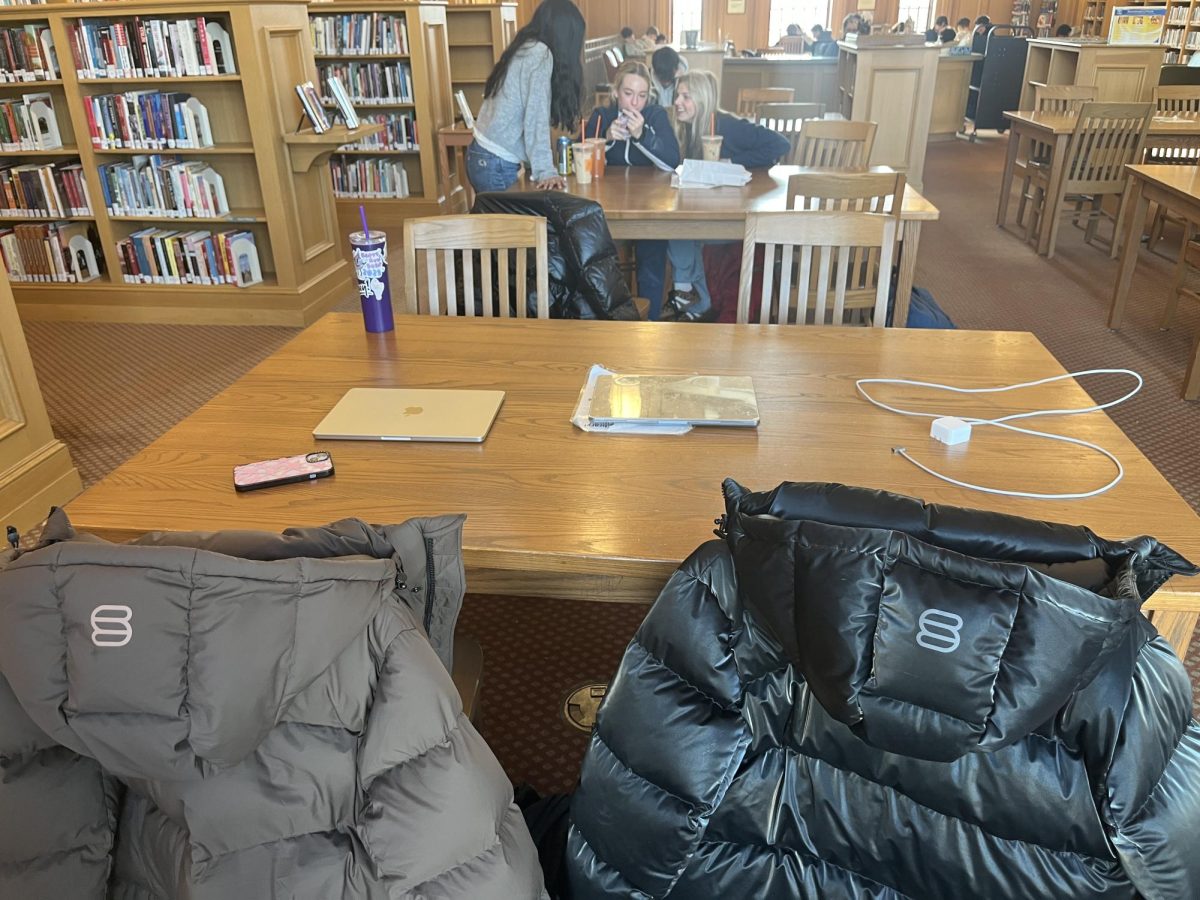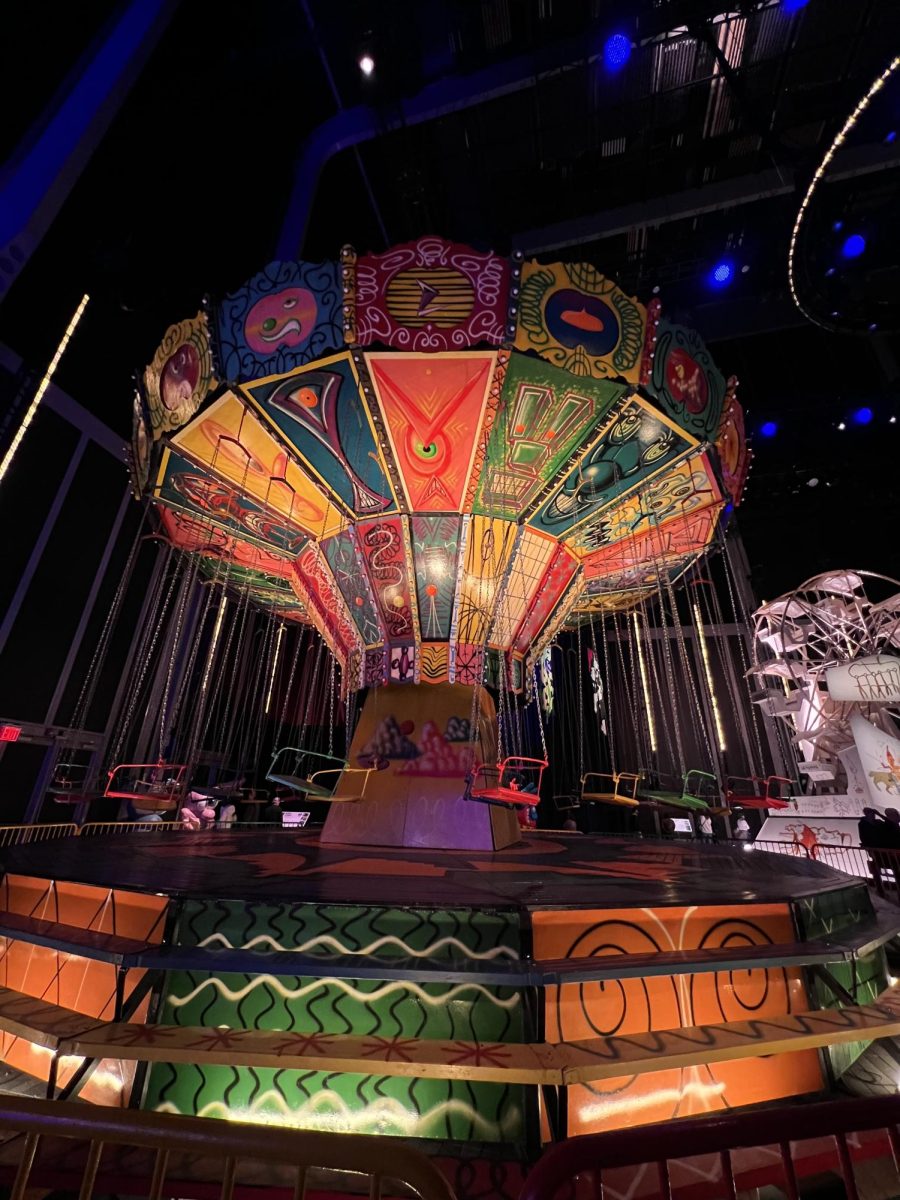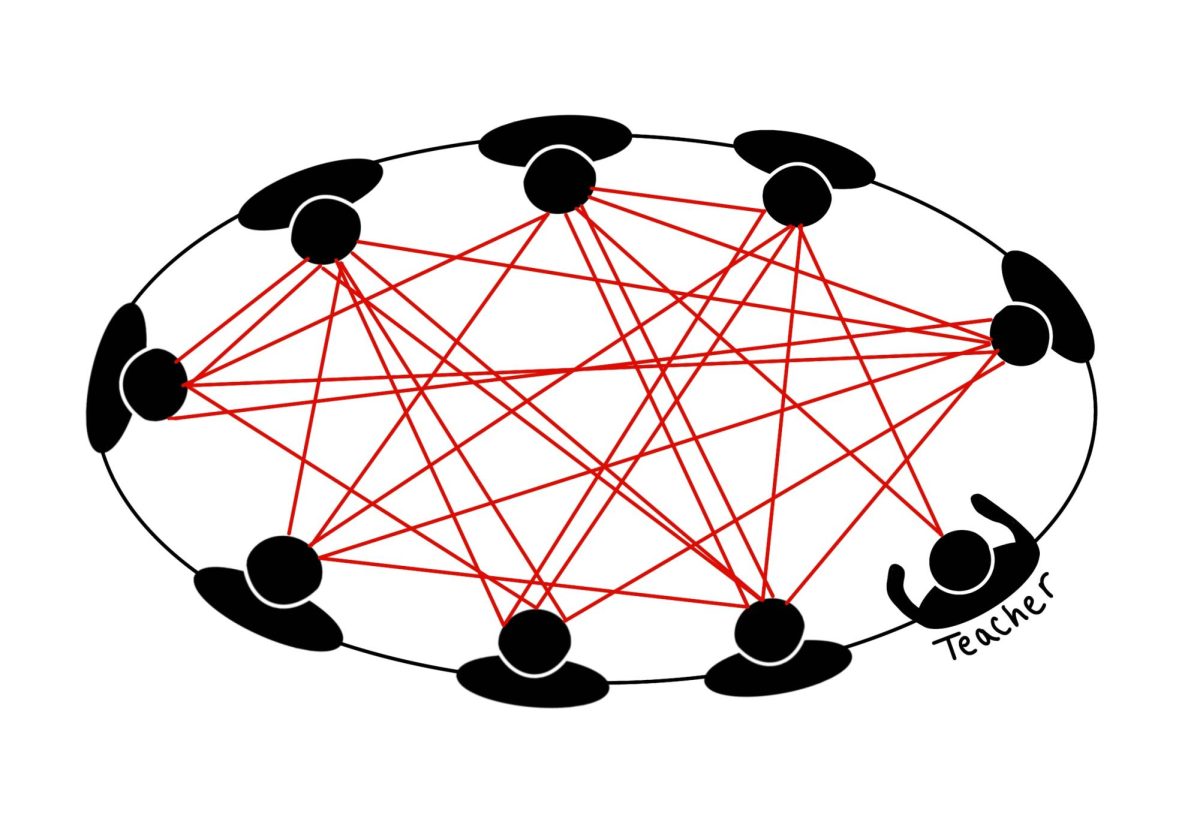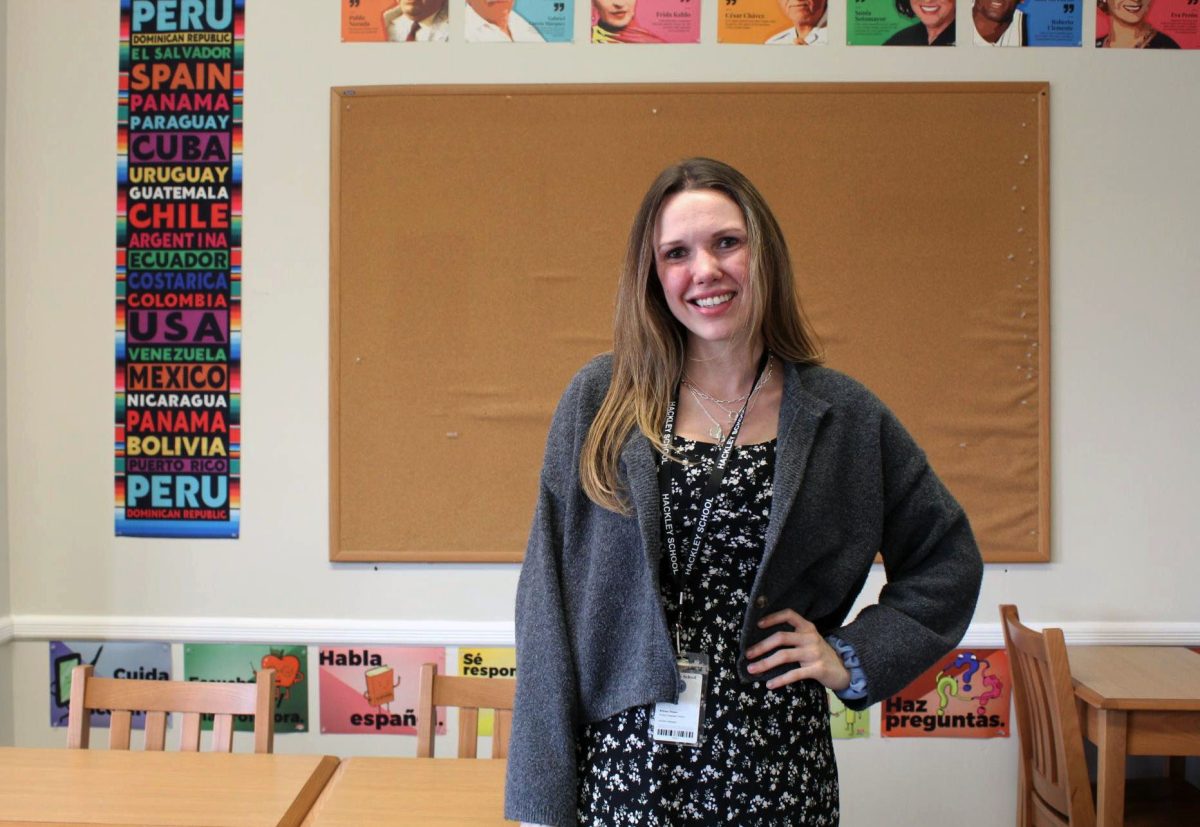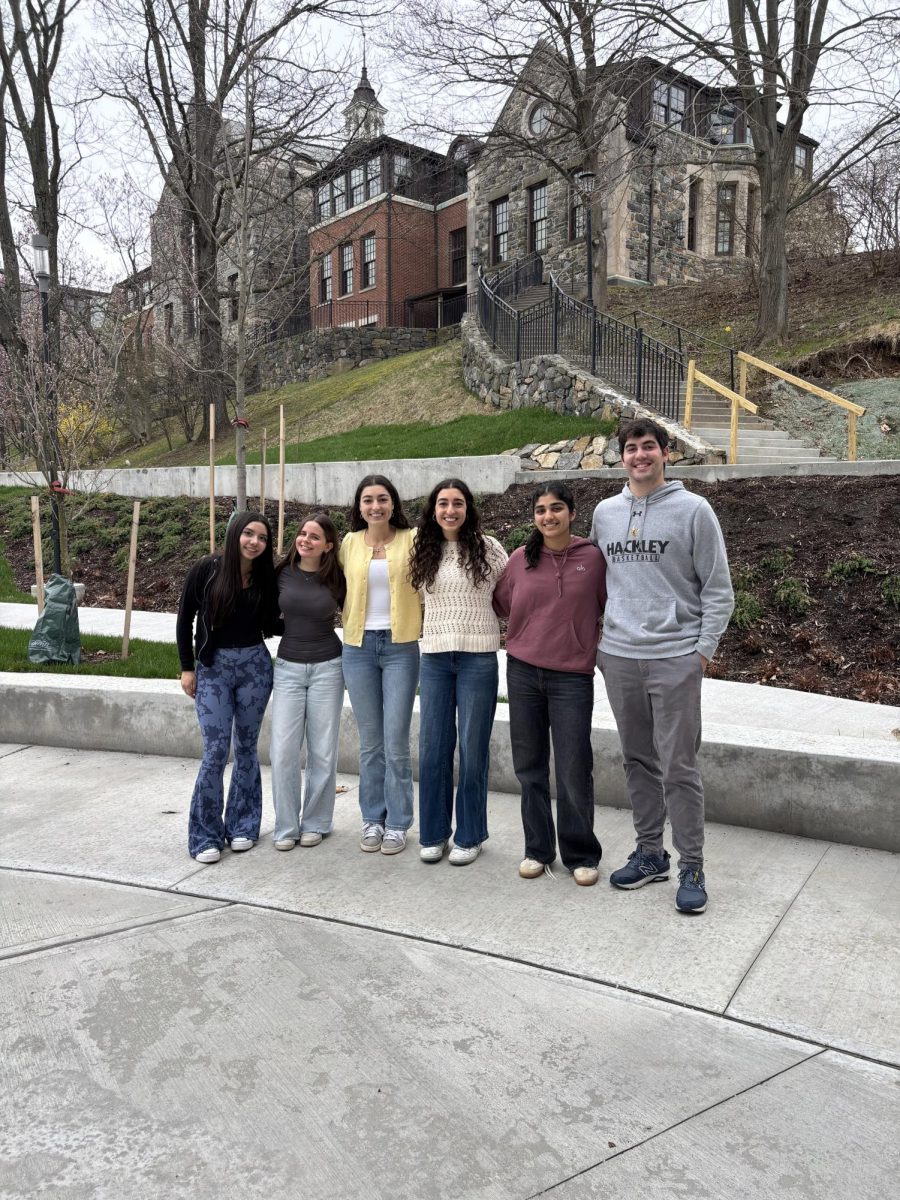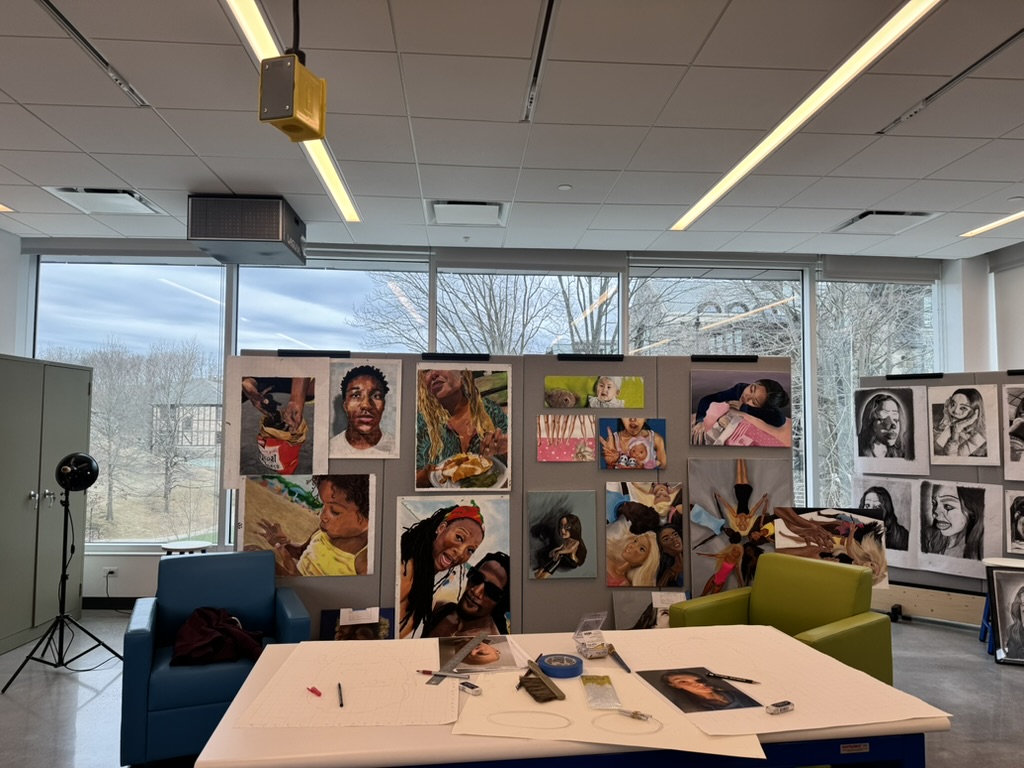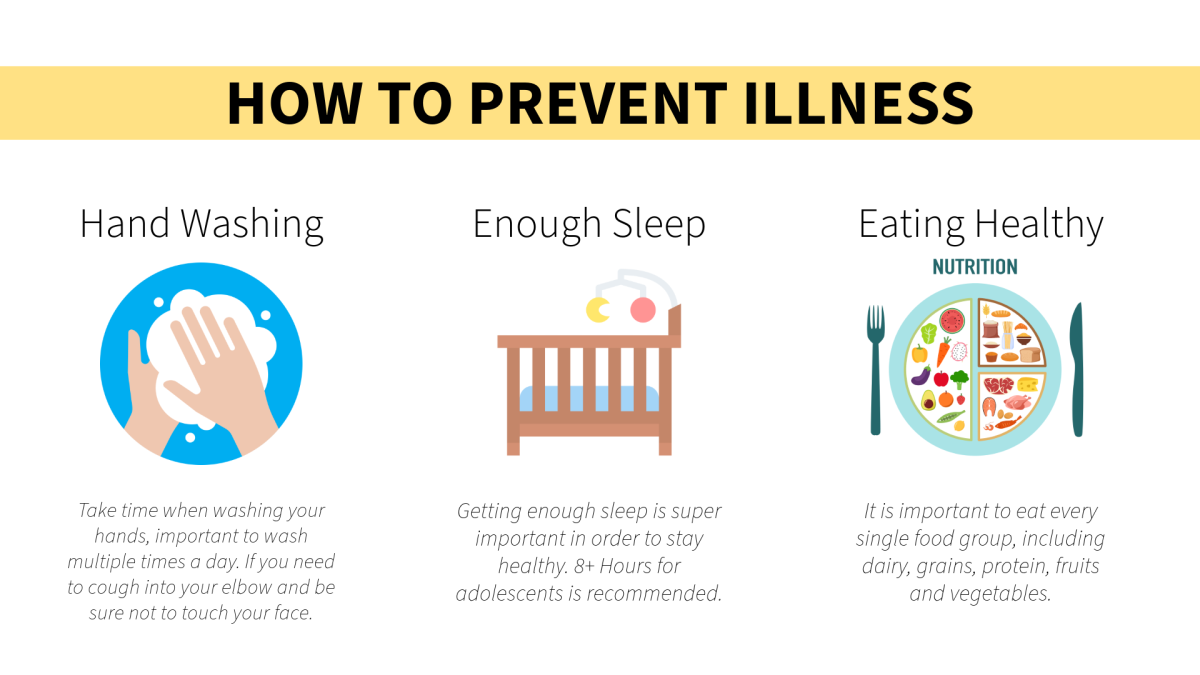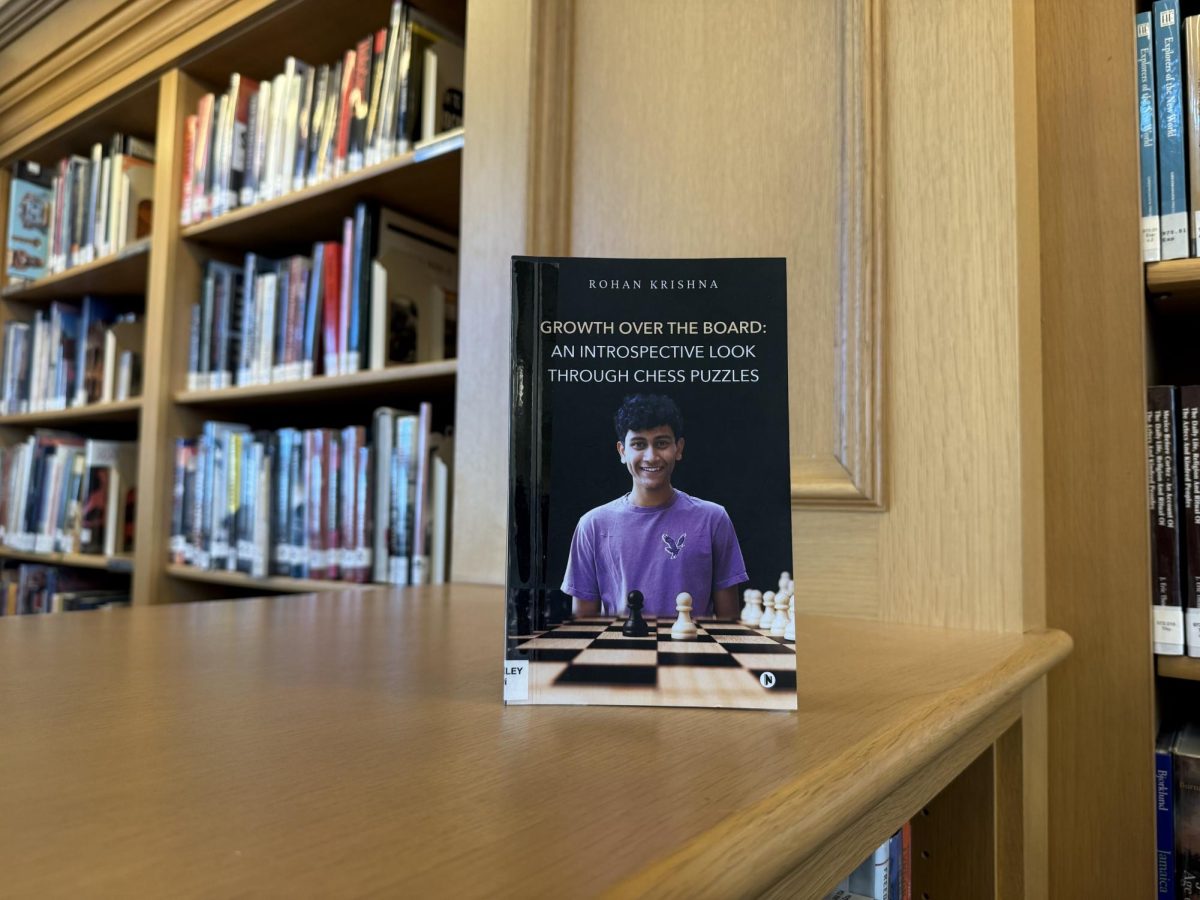What is a rule if not enforced? At times, Hackley does not enforce rules that affect the student body. The Dial acknowledges the difficulties of enforcing some of these rules but is committed to the need for a solution that would benefit the lives of students and faculty alike. Overcrowding of the Steinberg Library and lunchroom may seem like small problems to many, and any particular instance of those problems may be relatively minor. But when one looks at the consequences of the many days of the year when these problems affect students, the score adds up.
Does wearing sweatpants have to be enforced more than a noisy library that doesn’t allow a student to study for an exam? Does arriving to first period a couple of minutes late matter more than a student waiting extended periods of time for lunch? The Dial recognizes that the administration always has the student body’s best interests at heart and with constraints to the schedule and hang-out spaces, these challenges are difficult ones to overcome. With that being said, The Dial strongly urges the administration to review its policies and rules to see what is enforceable or needs to be enforced, so that students can study peacefully in the library and be well-fed in the lunchroom.
Many students are unhappy with the level of noise in the library, a problem the Dial has reported on this year. Students need to have a quiet place to study and do work, but the library is consistently too loud for productive study. The only quiet places on campus are empty classrooms, but oftentimes there are not enough open, as they are occupied for student-teacher meetings and used by other students who do not want to be disturbed. The library is the only space on campus that is dedicated for students to do work but is often not actually an environment that fosters productive studying. Walking into the library, you will find students chatting with their friends and occupying tables to play video games. While this is partially due to the lack of hang-out spaces for students, especially for freshmen and sophomores, it is still a problem.
The administration must address this problem, and deans must effectively punish students for misconduct. Earlier in the year, the junior class was kicked out of the science hallway, the communal space where most juniors gather. While this may have made the science hallway a quieter space for the teachers and students using it, juniors flooded into the library and created a lot of noise. Students who would normally try to work in the library could not find seats and were not able to focus due to the noise levels.
Additionally, because of the location of the senior lounge, noise often travels to the rest of the library, creating even more noise. While the architecture of the school cannot be changed, this still contributes to the greater problem.
While collaboration is an essential part of learning and studying, students still deserve to have a quiet place to study effectively. The Dial urges the administration to address this situation and carve out the library to be a quiet space for students. While the new Creative Arts Center might help create more spaces for students to hang out, we cannot assume that the issue of the library will be fixed completely.
Another school policy that the administration needs to enforce consistently is lunch organization. When the new schedule brought “first lunch” and “second lunch,” chaos and miscommunication ensued daily during lunch. Upperclassmen have been unhappy with having to wait until 12:30 to get lunch. Consequently, juniors and seniors have been occupying the lunchroom during the underclassmen lunch which has caused a dearth of seating, long lines for hot food, and little enforcement from faculty. During the fall, faculty monitored the dining room during first lunch to make sure that upperclassmen waited until 12:30 p.m. to eat lunch. However, as the year went on, the upperclassmen took advantage of the lack of enforcement during the lunch periods. First lunch became a chaotic time of people hunting for tables and spending a substantial amount of time waiting for food.
It makes sense to create rules that organize the lunch periods to provide time and space for everyone to get lunch. However, it is important to consistently enforce these rules to ensure that students understand and recognize the importance of abiding by them.
Editorial: Administration Needs to Reassess Library and Lunch Issues
By The Editorial Board
•
June 6, 2024
1
More to Discover



